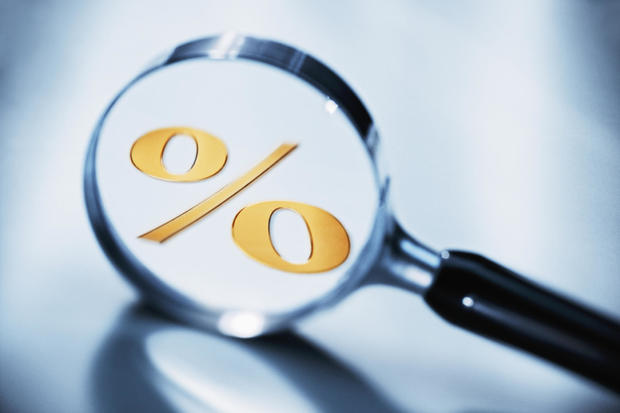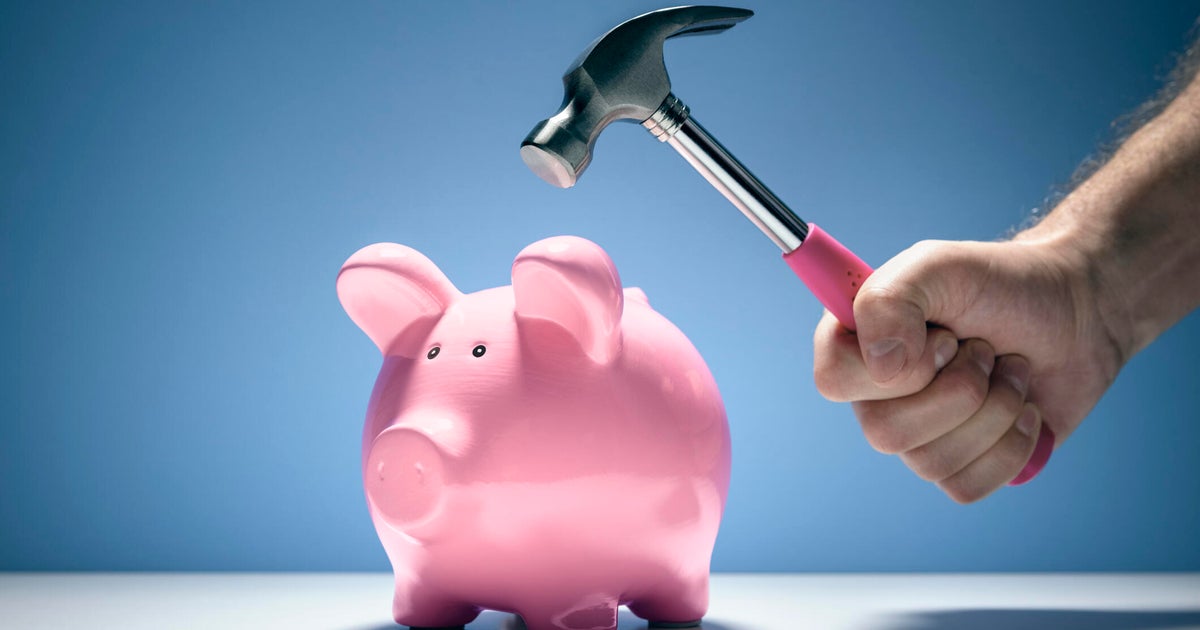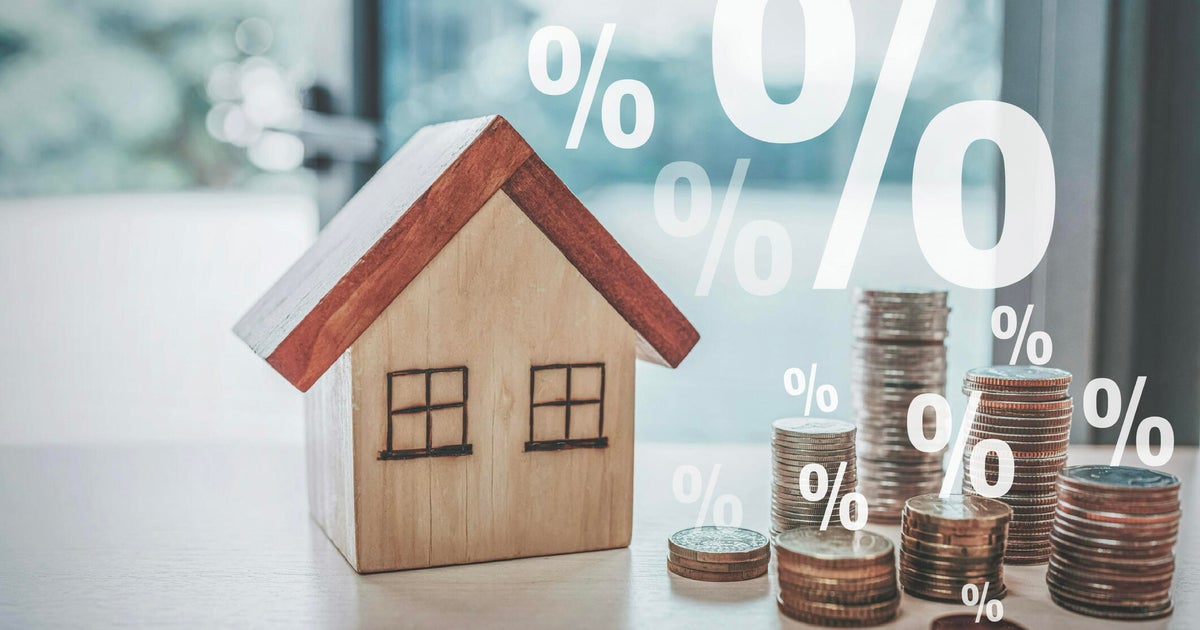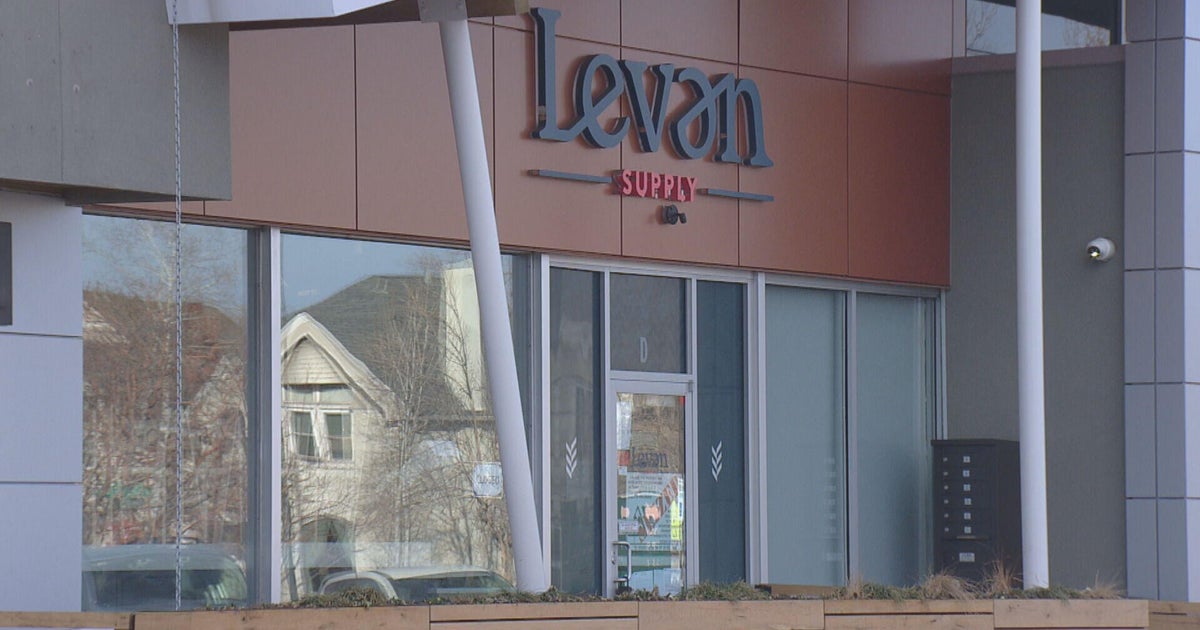3 ways today's high rates impact your debt payoff plan
There's no question that you've heard about today's high interest rates, and if you have any revolving debt, you've probably noticed that your minimum payments have gone up over the past couple of years as a result.
Although some experts expect interest rates to start falling this year, they're not expecting much of a decline. That's bad news if you owe debt on credit cards or personal loans. Today's high interest rates can be a hindrance to your ability to pay these variable-rate loans off. But how exactly do high interest rates impact your debt payoff plan?
Don't deal with higher rates any longer. Get the debt relief you deserve now.
3 ways today's high rates impact your debt payoff plan
At first glance, it may seem like high interest rates only make your minimum payments higher. Unfortunately, higher minimum payments aren't the only impact today's high rates have. So, how exactly do high interest rates impact your payoff plan?
It can take longer to pay off your debts
"Today's higher interest rates mean it will take you longer to pay off your debt," says Dan Casey, investment advisor and founder of Bridgeriver Advisors.
How much longer will your debts take to pay off? That depends on how your interest rates have changed, your current balance, and the size of the payments you make.
Let's say you owe $10,000 that increased in interest from 18% to 24%. Assuming your lender calculates minimum payments as 1% of the balance plus interest, it would take you about 28 years to pay your debt off at 18% interest.
However, at 24% interest, it would take you an additional year to pay your debt off making only minimum payments.
Let a debt relief expert help you get out of debt faster today.
Your debts may cost you more money
High interest rates also mean your debts cost you more money than they would at lower rates. Sticking with the same $10,000 example, you would make $14,423.16 in interest payments over the life of your debt at 18% interest if you made only minimum payments.
However, at 24%, your total interest payments would skyrocket to $19,332.21 over the life of your debt. That's nearly $5,000 additional dollars spent on interest.
You may not be able to send much more than minimum payments
As a responsible borrower, there's a high likelihood that you do your best to make more than minimum payments when possible. In doing so, you could cut the cost and the time it takes you to pay your debt off. On the other hand, in a high interest rate environment, it can be difficult to make more than minimum payments because minimum payments usually follow interest rates up.
For example, considering the $10,000 debt mentioned above, your minimum payment would be $250 at 18% interest. But at 24% interest, your minimum payment would climb to $300 (assuming your credit card company calculates your minimum payments as 1% of the balance plus interest). That's 50 fewer extra dollars you'll be able to pay to eliminate your debt faster.
Tap into the debt relief you deserve
If high interest rates are making it difficult for you to make a dent in your credit card and other revolving debt, it's time to make a change. Consider taking advantage of a debt relief service.
Debt relief companies typically help in one of three ways:
- Debt consolidation loan: If you're a well-qualified borrower, you may be able to take out a personal loan that's designed to consolidate multiple debts into one easy-to-manage account. These loans usually come with competitive interest rates and fixed payment plans - helping you get out of debt faster.
- Debt management plan: Debt management experts work with your lenders to negotiate a lower interest rate and better payment terms on your behalf. Once they've done so, you make your payments to the debt relief company and the company pays your individual creditors as agreed until your debt is paid off.
- Debt settlement: You'll stop making payments to your creditors when you sign up for debt settlement. Instead, you'll make payments to the debt settlement company. The company usually stores these payments in a special-purpose savings account until you have enough money saved to start settling your debts. Once you have enough money saved, the settlement company negotiates with your lenders to reduce your principal balance. Although this can lead to significant savings, it can also be detrimental to your credit. So, consider the pros and cons before you sign up for a debt settlement service.
The bottom line
Today's high interest rates make it more difficult to pay off debt. Not only does debt typically cost more in a high interest rate environment, higher rates can prolong the payoff process. But, there are multiple ways to get out of debt faster. Get in touch with a debt relief professional now to learn more about your options.
This story has been updated to clarify the difference between debt management and debt consolidation programs.




